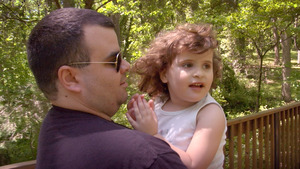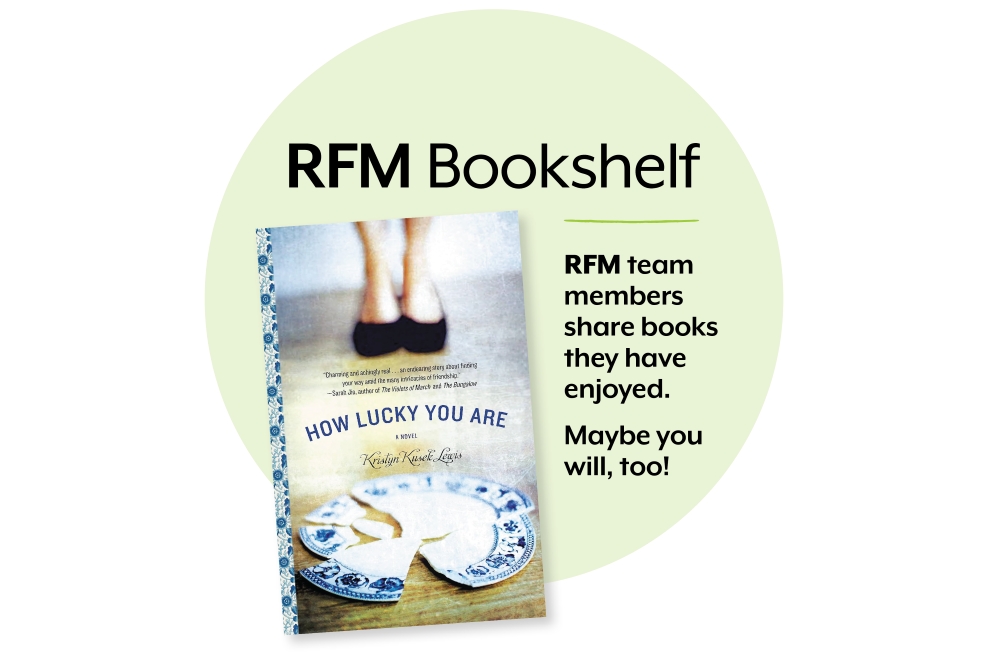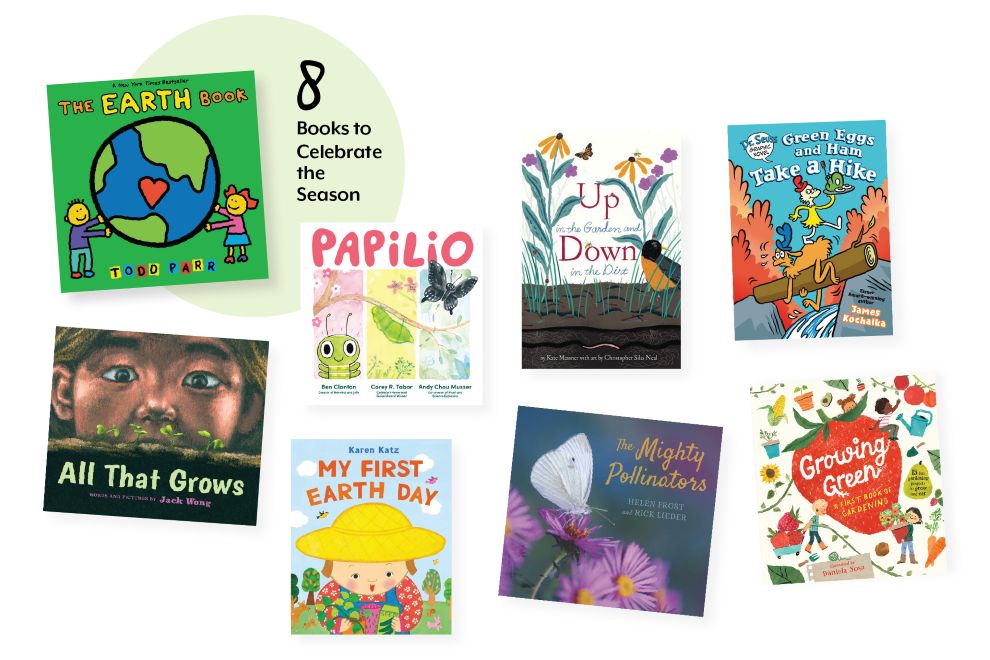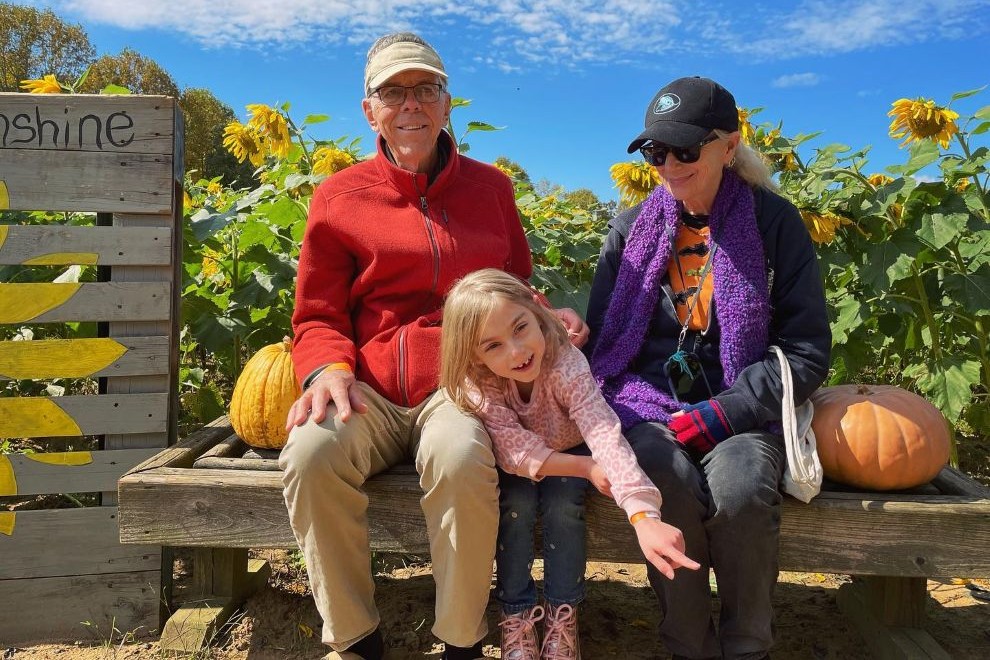Neurotypical, filmed predominately in North Carolina and Virginia, introduces viewers to:
- Violet, age 4, who is unable to communicate her desires clearly. When she’s feeling good, her energy is limitless. Her parents look for ways to make her life happy and fulfilling. But they wrestle with questions most parents never have to ask: Will the label of autism limit their daughter’s potential? Should they begin going down the road of medicating her or not?
- Nicholas, age 14, who might seem the typical American teen, complete with skateboard, guitar and video games. But he struggles with feelings of alienation that go beyond the usual teenage angst.
- Adult Paula, who was diagnosed with autism as an adult after she read an article on the subject. Enlightened by this self-awareness, she begins to assess her life through a new lens and finds a community of new friends.
- Middle-aged autism advocate Wolf, who declares, “I look at neurotypical life and I’m sorry, I really don’t want to be one of you.” He’s perfectly happy without physical intimacy because of his extreme sensitivity to touch.
- Maddi, a senior in high school who wants a relationship. “Just because Temple Grandin doesn’t do it, doesn’t mean it doesn’t happen,” she says, referring to perhaps the most famous individual with autism.
- Thirty-something John, who reveals two simple ways he’s learned to follow conversations: Say someone’s name as often as possible, because “a person’s own name is their favorite word in the whole wide world,” and repeat the last three or four words of whatever the person says. “It works like magic.”
About Adam Larsen, Director/Cinematographer/Editor
Adam Larsen is an artist, projection designer and filmmaker. He has designed video projections for nearly 100 stage productions in the United States and abroad. As a cinematographer, he has shot numerous television pilots (from cooking shows to programs on extreme sports), independent films and commercials. He also produced, shot and edited two short films for TEACCH, North Carolina’s state autism program, and two films for the Organization for Autism Research (OAR). Larsen holds a bachelor of fine arts degree in cinematography from the North Carolina School of the Arts. Neurotypical is his first documentary.
About POV
Produced by American Documentary, Inc. and beginning its 26th season on PBS in 2013, the award-winning POV is the longest-running showcase on American television to feature the work of today’s best independent documentary filmmakers. POV has brought more than 365 acclaimed documentaries to millions nationwide. POV films have won every major film and broadcasting award, including 32 Emmys, 15 George Foster Peabody Awards, 10 Alfred I. duPont-Columbia University Awards, three Academy Awards® and the Prix Italia. In 2012, POV achieved a new milestone, winning five News & Documentary Emmy® Awards. Since 1988, POV has pioneered the art of presentation and outreach using independent nonfiction media to build new communities in conversation about today’s most pressing social issues. Visit www.pbs.org/pov.
POV has the honor of receiving a 2013 MacArthur Award for Creative and Effective Institutions. Major funding for POV is provided by PBS, The John D. and Catherine T. MacArthur Foundation, National Endowment for the Arts, New York State Council on the Arts, the New York City Department of Cultural Affairs in partnership with the City Council, the desJardins/Blachman Fund and public television viewers. Funding for POV’s Diverse Voices Project is provided by the Corporation for Public Broadcasting. Special support provided by The Fledgling Fund and the Lucius and Eva Eastman Fund. POV is presented by a consortium of public television stations, including KQED San Francisco, WGBH Boston and THIRTEEN in association with WNET.ORG.
POV Communications: 212-989-7425. Emergency contact: 206-790-8697
Cathy Fisher, cfisher@pov.org; Amanda Nguyen, anguyen@pov.org
POV online pressroom: www.pbs.org/pov/pressroom





